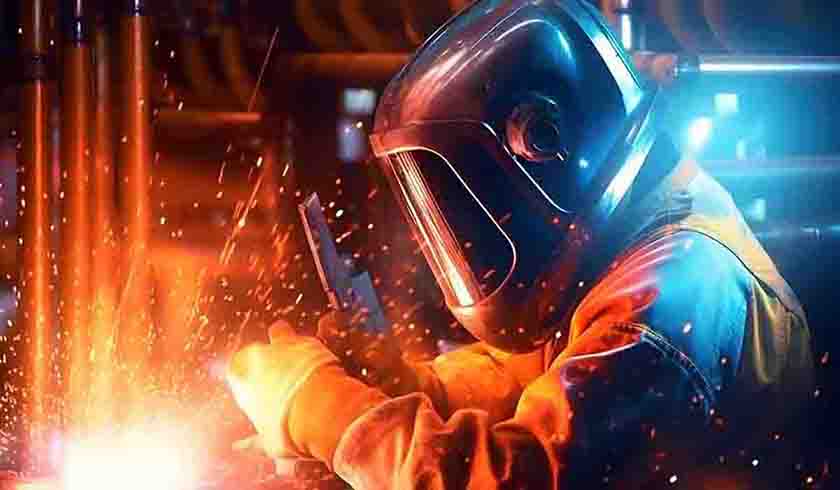A maintenance and reliability assessment is crucial for a manufacturing organization for several reasons. Regularly undergoing such assessments helps ensure the efficient and effective operation of the organization, minimizes downtime, and reduces costs while focusing on often neglected topics (CMMS data, preventive maintenance, etc.).

Example of pillars of an effective maintenance and reliability assessment
Here are 9 reasons why manufacturing organizations should regularly undergo maintenance and reliability assessments:
Your last assessment was performed ages ago
If no one in your organization can remember when the last maintenance and reliability audit was performed, that should be a good indicator that it is the right moment to take time and reflect on your practices
People change jobs
Whether it is at upper or mid-management level or among the field workers, people change jobs. And sometimes when one or some of the leaders step down from a company, they leave a big hole behind them. Typically, it does not take long after that for things to run amok.
Processes change
New ways of doing things, new product lines, demand from the public, sales, marketing call for constant (re)adaptation of practices. And they all impact the maintenance and reliability practices of an organization. Example: acquiring a new CMMS (Computerized Maintenance Management System) may call for a complete review of how maintenance is performed at a plant.
Technology changes
With digital transformation and its unlimited horizon of possibilities, maintenance and reliability practices are constantly evolving. Robots could be used to constantly walk your plant to find issues, permanent sensors could bring in live information on most critical pieces of equipment, etc. Also, do not forget each innovative technology adoption must follow management of change policies. These revolutionary changes must call for a fresher look at your Maintenance and Reliability program.
Enhance safety
Maintenance and Reliability assessment have a focus on HSE and can help identify and mitigate safety hazards associated with bad practices and processes in a plant. This is crucial for the well-being of employees and to comply with safety regulations.
Improve Product Quality
Well-maintained equipment with adequate maintenance and reliability processes is less likely to produce defective products. This improves product quality and reduces the likelihood of recalls or customer complaints.
Energy Efficiency:
A well-maintained and reliable plant is more energy efficient. Regular assessments can identify energy-wasting issues and opportunities for improvements, resulting in cost savings and environmental benefits. Also, Ensuring the longevity and sustainability of equipment and processes through regular assessments should align with your organization’s long-term goals and stability.
Compliance and Regulations
Manufacturing plants are often subject to various regulations and standards. Regular assessments can help ensure compliance with these requirements, avoiding potential legal and financial consequences.
Competitive Advantage
Manufacturing plants that operate efficiently and reliably are more competitive in the market. They can meet customer demands consistently, offer shorter lead times, and adapt to changing market conditions more effectively.
In summary, regular maintenance and reliability assessments are essential for manufacturing organizations to remain competitive, efficient, and compliant while minimizing costs and downtime. These assessments help organizations identify and address issues proactively, leading to improved equipment performance and overall operational excellence.

Yoann Urruty, Eng., CMRP
Director of Technologies – Spartakus Technologies
yoann.urruty@spartakustech.com

